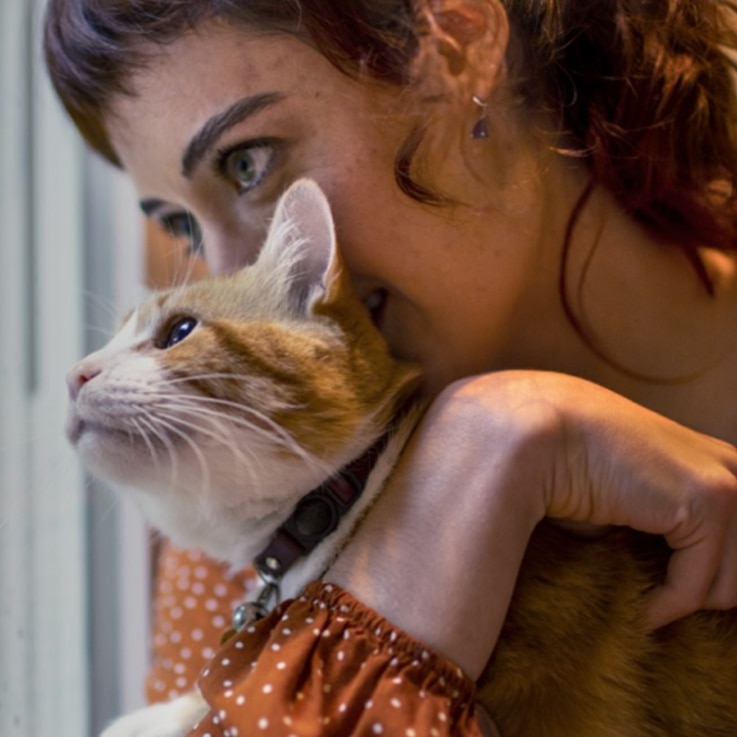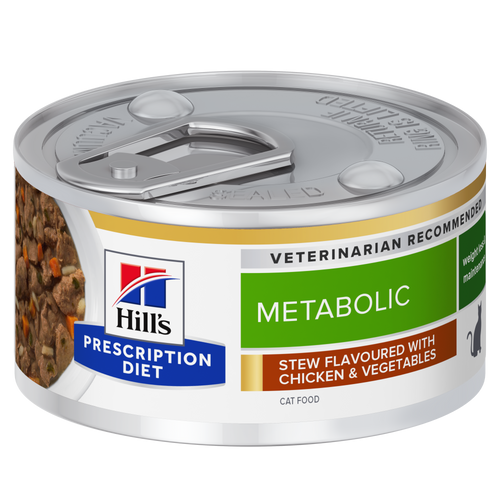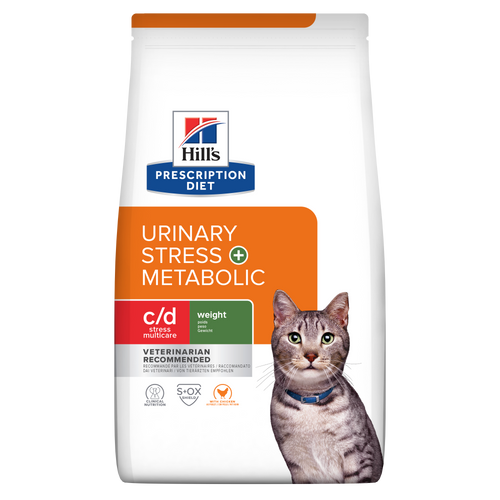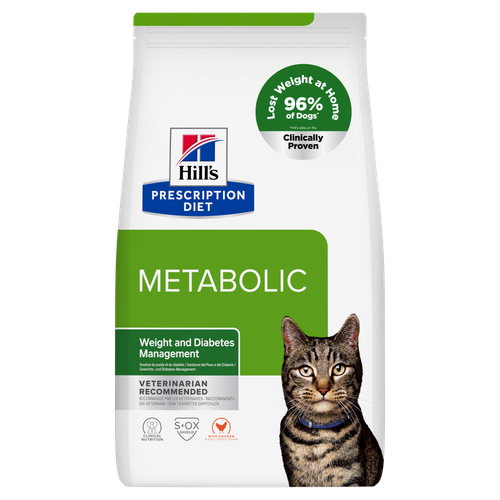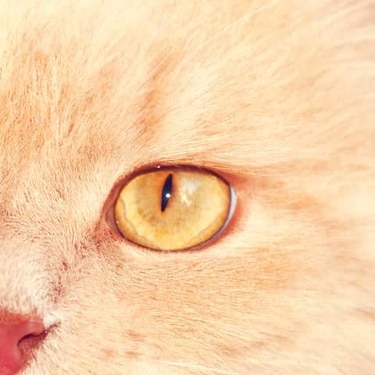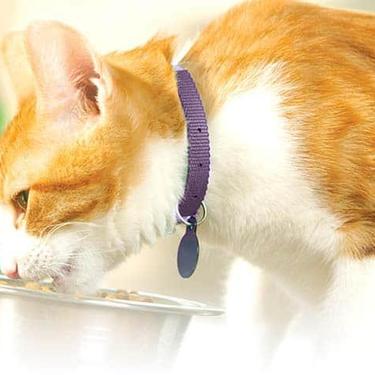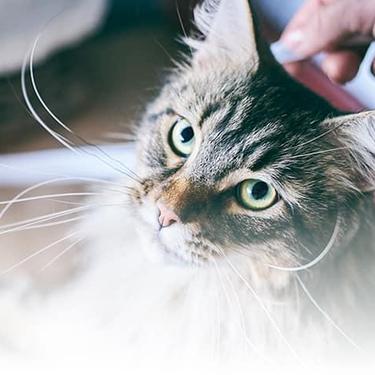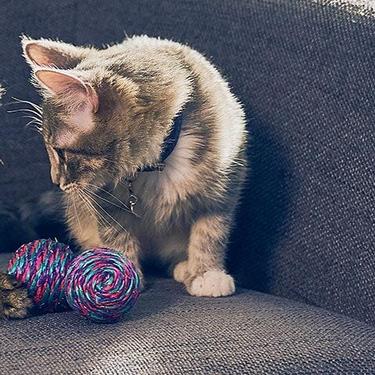Weight management for cats
Weight management for cats
Just an extra kilogramme or two can impact your cat’s health
Excess weight can lead to less play time, depression and increased risk of several serious health conditions. Unfortunately, weight gain often takes place gradually over time, so it’s not always obvious when it’s time to take action.
Keeping your cat a healthy weight can help them live a longer, healthier and happier life.
Your cat may look just fine to you, but the ideal weight varies by size and breed. Your veterinarian will be able to tell you if your cat is overweight.
Signs your pet is emaciated:
The ribs, spine and hip bones are visible from a distance, and there is no discernible body fat.
Signs your pet is healthy weight:
The ribs can be easily felt without excess fat, and you can see the waist behind the ribs from above. 'Abdominal tuck' is present. This can be seen when looking at your cat from the side, where the abdomen becomes slimmer behind the ribs.
Signs your pet is overweight:
You can’t feel ribs because they are covered in fat. Large fat deposits are over the neck, chest, spine and base of tail. Both waist and abdominal tuck are absent.
Still not sure?
Take our L.O.V.E. test to find out. You’ll even receive a personalised weight report for your pet to share with your vet.
See what those foods really mean for your pet
As well as feeding your cat the correct nutrition, promoting regular exercise will help with the process of healthy weight loss. Here are a few exercises and workout tips you and your cat can do together:
- Playing with Toys
- Catching the Light
Playing with Toys
Giving your cat some homemade or pet shop toys can encourage them to get moving.
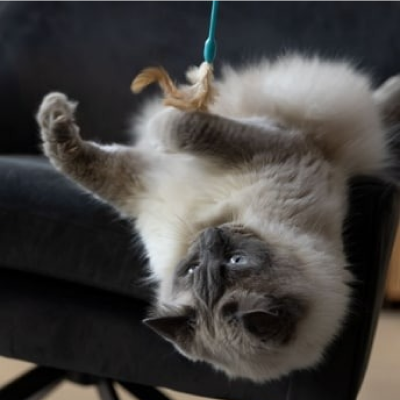

Catching the Light
Shine a white light on the walls and let your cat play. Be careful not to use a red light laser, though — it can damage your cat’s eyes. Enure the light does sometimes land on a toy or your cat will beocme frustrated.
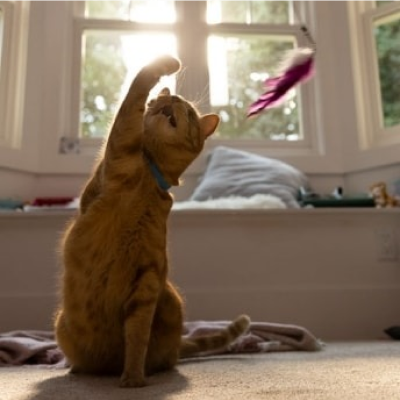

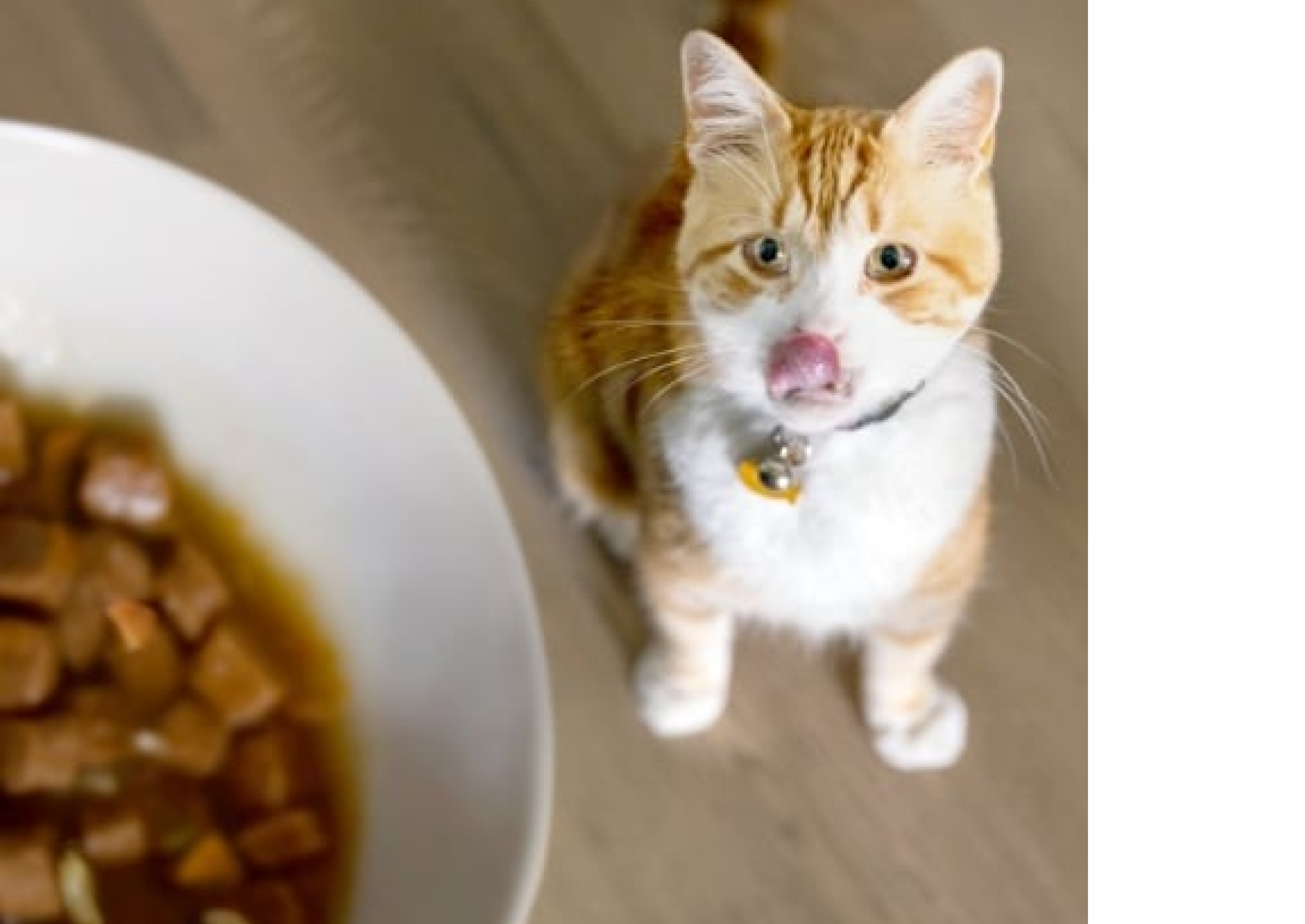
Choosing the right cat food for weight management
Your cat’s diet is perhaps the single most important factor in helping them maintain an ideal weight. Ask your vet for a food recommendation for weight loss, including which food and how much, and do your best to stick to it.
This is key because once your cat has been overweight, they will be prone to weight gain. Your cat should have an ongoing weight management plan based on good nutrition, exercise, regular check-ups and weigh-ins.
Choosing the right cat food for weight management
Your cat’s diet is perhaps the single most important factor in helping them maintain an ideal weight. Ask your vet for a food recommendation for weight loss, including which food and how much, and do your best to stick to it.
This is key because once your cat has been overweight, they will be prone to weight gain. Your cat should have an ongoing weight management plan based on good nutrition, exercise, regular check-ups and weigh-ins.
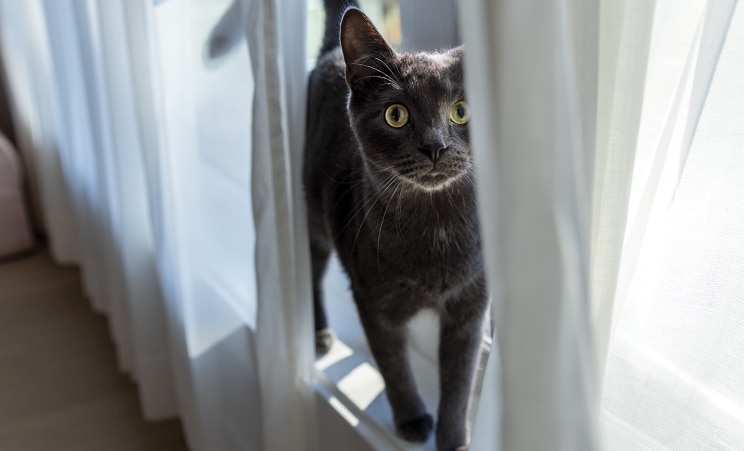

Put your overweight cat on the road to recovery
If your cat is already having trouble with weight problems, there are plenty of things you can do to improve their condition.













